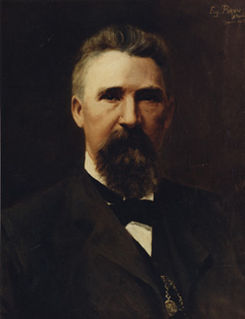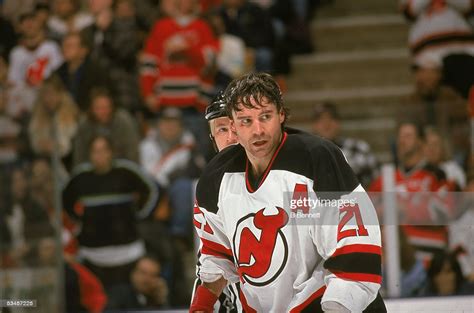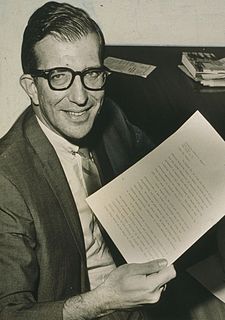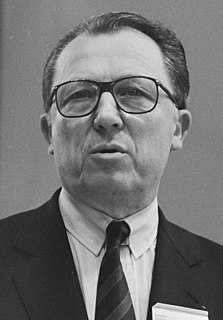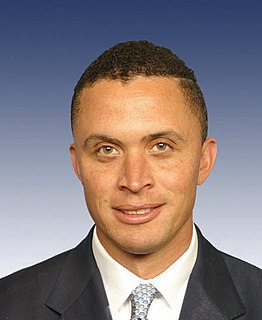A Quote by Nouriel Roubini
I believe in market economics. But to paraphrase Churchill - who said this about democracy and political regimes - a market economy might be the worst economic regime available, apart from the alternatives. I believe that people react to incentives, that incentives matter, and that prices reflect the way things should be allocated. But I also believe that market economies sometimes have market failures, and when these occur, there's a role for prudential - not excessive - regulation of the financial system.
Quote Topics
About
Also
Alternatives
Apart
Available
Believe
Churchill
Democracy
Economic
Economics
Economies
Economy
Excessive
Failures
Financial
Financial System
I Believe
I Believe In
Incentives
Market
Market Economy
Market Failure
Matter
Might
Occur
Paraphrase
People
Political
Prices
React
Reflect
Regime
Regimes
Regulation
Role
Said
Should
Sometimes
System
Things
Way
Worst
Related Quotes
If you go back to Adam Smith, you find the idea that markets and market forces operate as an invisible hand. This is the traditional laissez-faire market idea. But today, when economics is increasingly defined as the science of incentive, it becomes clear that the use of incentives involves quite active intervention, either by an economist or a policy maker, in using financial inducements to motivate behavior. In fact, so much though that we now almost take for granted that incentives are central to the subject of economics.
The nature of the economic system should be a matter for public choice, and free market capitalism should not be accepted without any discussion of the rich variety of alternatives ... Unlike civil laws, economic laws are imposed on people with all the authority of immutable laws of nature. But the economy is created by people, supported by government intervention, regulation, statute and subsidy, and implemented in such a way that it gives substantial wealth and power to a privileged few, while the majority face a life of relentless work, stress and periodic financial insecurity.
It should be said that we are presently, and I believe unfairly, constrained from directly promoting cigarettes to the youth market...Realistically, if our Company is to survive and prosper, over the long term, we must get our share of the youth market. In my opinion, this will require new brands tailored to the youth market.
When I get hurt in the market, I get the hell out. It doesn't matter at all where the market is trading. I just get out, because I believe that once you're hurt in the market, your decisions are going to be far less objective than they are when you're doing well If you stick around when the market is severely against you, sooner or later they are going to carry you out.
It's time to admit that public education operates like a planned economy, a bureaucratic system in which everybody's role is spelled out in advance and there are few incentives for innovation and productivity. It's no surprise that our school system doesn't improve: It more resembles the communist economy than our own market economy.




